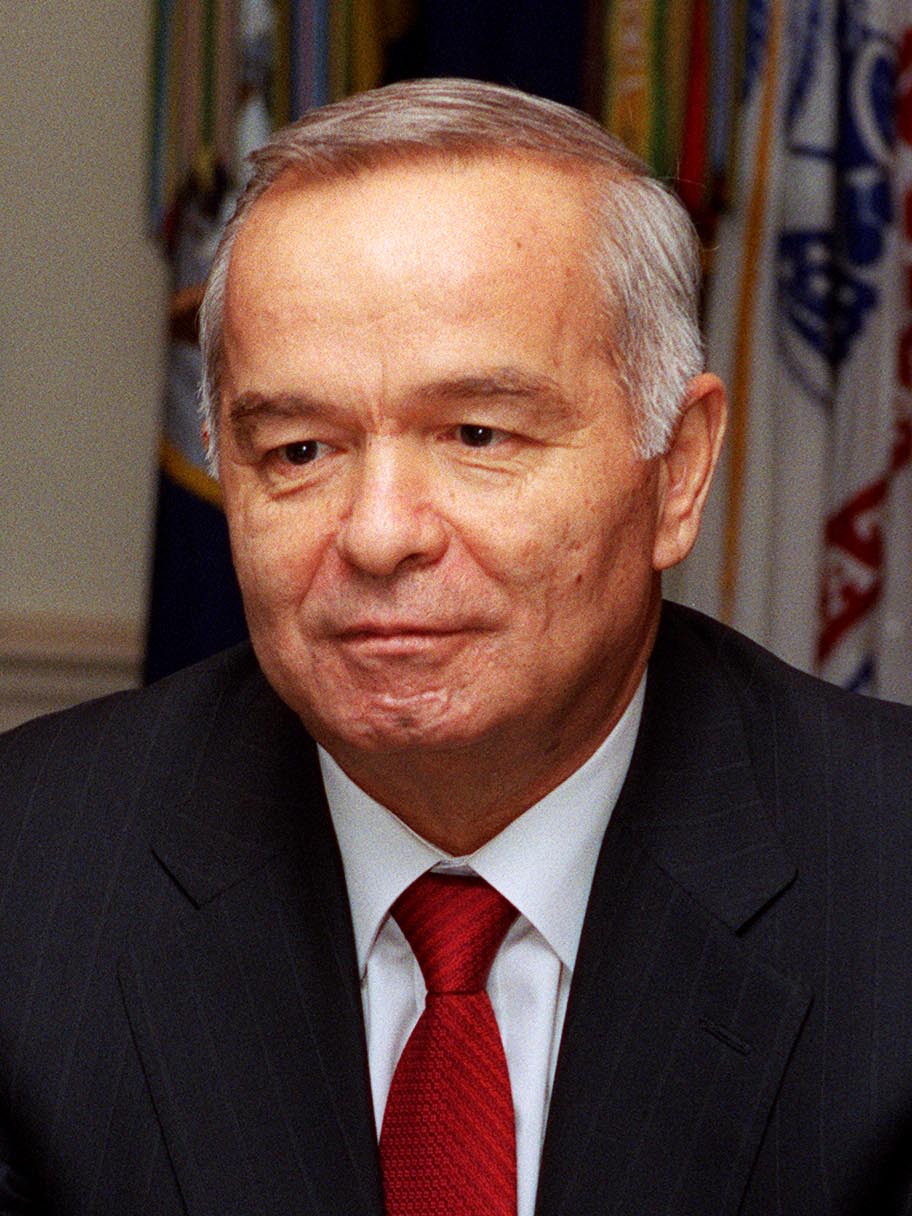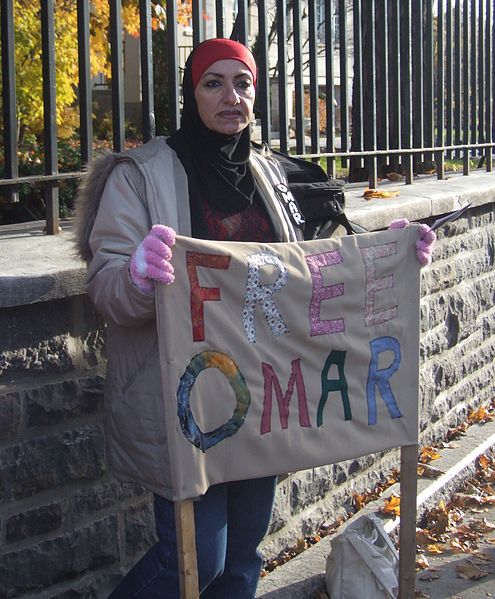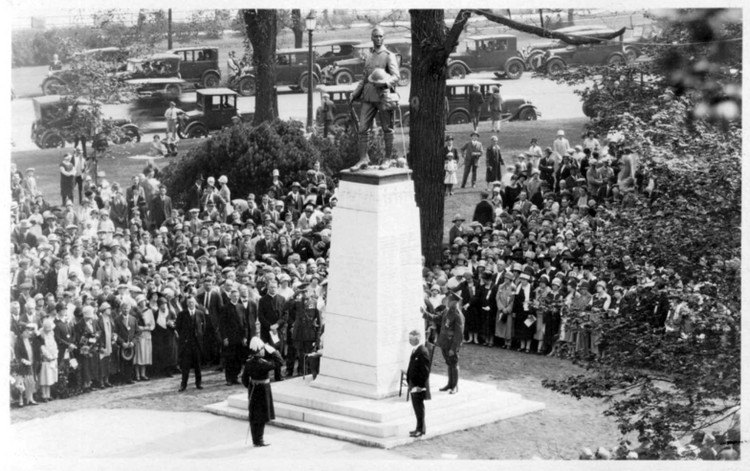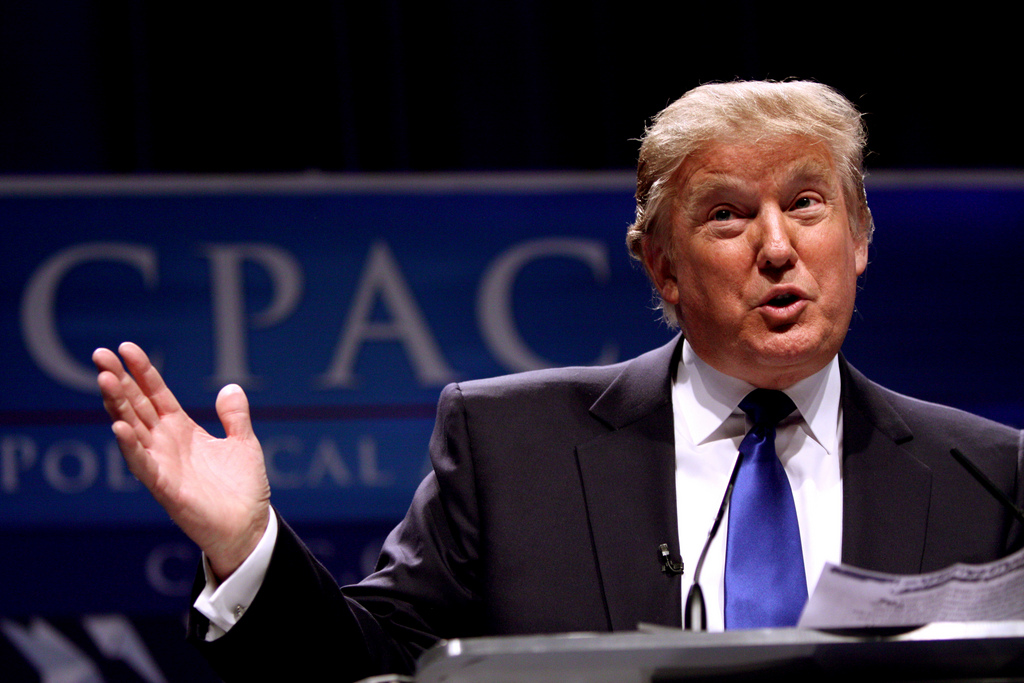With an alleged 91.08% of the popular vote, Uzbekistan President Islam Karimov won another five year term this March as the head of state for the Central Asian country. Ruler of the country since its independence in 1991, Karimov was also the state’s First Secretary of the Communist Party prior to independence, thus having power since 1989. Human rights activists have long bemoaned the country’s poor record in terms of rights and freedoms, as well as the use of torture. However, calls by the Organisation for Security and Cooperation in Europe (OSCE) observers to challenge the results have thus far gone unheard. None of this is unprecedented, however, as the leader of Uzbekistan, and the leaders of the region in general, have always managed to avoid condemnation for its abuses of power.
The abuses under Islam Karimov are lengthy. Of major controversy is the 2005 “Andijan massacre”, when the Uzbek government violently dispersed a protest, with a death toll that is still unknown: the government claims 187 were killed, but some tolls state over 1,000. Although the United States responded with sanctions and cutting its strategic relationship back in 2005, since then the sanctions have lapsed, and relations have been restored.
Since 2005, Karimov’s regime has continued to use undue coercion to remain in power, with Human Rights Watch stating the country’s “atrocious rights record did not discernibly improve in 2014”. As well as describing how authorities repress freedom of speech and constrain civil society, the report gives a long list of prisoners who have been tortured and arbitrarily detained “for no other reason than peacefully exercising their right to freedom of expression.” In total, over 12,000 people are imprisoned on charges of “anti-constitutional activity”.
Many of the government’s actions towards the population are shocking. Human Rights Watch reported of gynaecologists being ordered to “perform a certain number of forced sterilizations” each month, sometimes simply because a woman gave birth to “two or more children.” The regime has also implemented a forced child labour program, with two million schoolchildren ordered to harvest cotton for little payment.
Uzbekistan’s situation is not unique to the area. Kazakhstan, whose President Nursultan Nazarbayev has also ruled since becoming First Secretary in 1989, won his re-election last month with a declared 97.7% of the popular vote. Upon winning, he confidently chided human rights organizations, telling the media “I apologize if these numbers are unacceptable for the superdemocratic countries”. Tajikistan also has a security regime in place, with police continuing to imprison opposition figures; the country is also debating a law forcing NGOs to register their funding from foreign sources, similar to Russia’s. Turkmenistan, a state that has routinely been declared as totalitarian, restricts the right of movement of the population via travel bans, and the secondary school curriculum includes books written by and about President Gurbanguly Berdymukhamedov declaring him the country’s “Protector”.
Human Rights Watch concluded that “while attention was focused on global crises last year, Central Asian governments committed serious abuses across a wide spectrum of human rights and faced virtually no consequences.” That Nazarbayev can confidently mock “superdemocratic countries” without rebuke showcases the confidence and sense of security of the dictators in this region.
Uzbekistan, Kazakhstan, and their neighbours all exist in a region surrounded by more powerful countries. China has announced its plans of exploring “common interests, fate, and responsibilities” with the area as part of its Silk Road policy, an initiative to spread cultural and economic ties across Asia towards Europe. With Central Asia being a rich source of energy, strong relations have become important for energy-hungry China.
India has responded with its own goodwill initiative, with Prime Minister Nahendra Modi planning on visiting all five Central Asian countries on July 9 and 10, 2015 – a voyage not done since 1955. The mission’s rationale will be in favour of “energy, exports, and as a counterpoint to China’s inroads in the region.” Meanwhile, Russia strives to maintain its influence: although Uzbekistan quit the Collective Security Treaty Organization three years ago, the rest of Central Asia retains membership. Last December, Russia wrote off most of Uzbekistan’s $890 million debt to ensure its membership within the Eurasian Economic Union.
In a region of geopolitical importance, the United States has relaxed its stance on ensuring human rights. In January, the U.S. donated over 300 Mine Resistant Ambush Protected vehicles (MRAPs) to Uzbekistan, the largest transfer yet of American military hardware to the region. In an interview with the Brookings Institute, Deputy Secretary of State Antony Blinken outlined America’s Central Asian policy, seeing the area as both a way to defend against radical Islam, and to ensure Russia does not act unilaterally along its southern periphery. The security of Central Asia’s citizens were a secondary affair; although Blinken did mention that true security cannot exist “absent a basic respect for human rights and democratic development”, no strategy was provided on how to ensure those aims.
Central Asia represents a testing ground on the lasting appeal of promoting liberal values in a multipolar area of the world. Agnes Callamard, Director of the Colombia University’s Global Freedom of Expression Project, recognized the current international landscape as “the difficult birth of a multi-polar system”. With greater competition between states, Callamard argues that multilateral bodies such as the UN need to be strengthened, and strategic thinking on how to protect human rights must be revised. Abuses in Central Asia give strong credence to Callamard’s claim. Amnesty International and Human Rights Watch have consistently reported on abuses in Central Asia, but with little effect. On one hand, it is understandable for the United States to soften its stance on human rights given the many new crises appearing in the world. Alliances and strategic partnerships are necessary. However, the reluctance of any country to criticize the problems in Uzbekistan and neighbouring countries, paints a disturbing picture for the future of human security.






